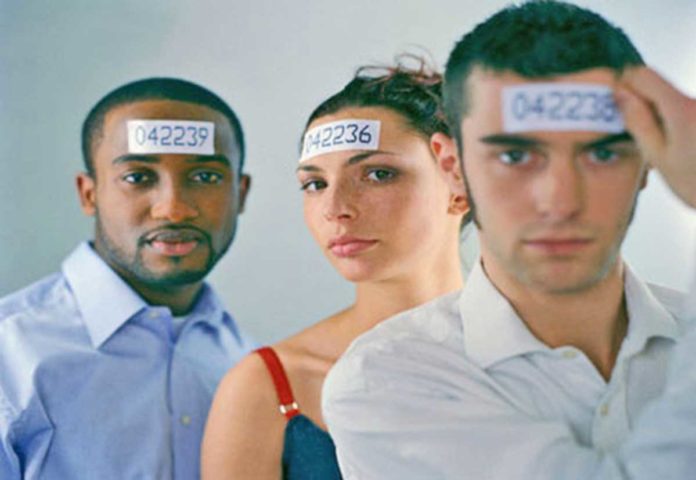If you’ve watched cable news any time in the past few months, you’ve seen the column of numbers on the right side of the screen, the population count of COVID-19 infected and dead. The numbers usually remain on screen even when the discussion topic is not about the virus. They update all day long, never ending, one more infected, one more dead.
It’s easy to forget, when you watch doctors try to make sense of the virus and the political pundits try to contextualize Trump’s ineptitude in handling it, that those 140-thousand and those 3 million Americans lumped into that four inch box on the upper right corner of your television are all people, all unique, all individual.
In the early years of the AIDS crisis, most mainstream reportage was all about numbers. The number of infected, number of exposed, number of supposed causes, number of conspiracy theories, number of experimental treatments. Responsible media outlets (including many LGBT publications) wrote profiles of some of those stricken and attempted to preserve their humanity. But for the most part, mainstream media relied on the same brand of rolling uncertainty that the COVID-19 counters have brought. Rising numbers, rising fear. People tune in when they are afraid. If it burns or bleeds, it leads.
Now we have lists of the 22 trans people who have been killed in the U.S. in 2020. Every single one of those deaths is horrific. Full stop. They shouldn’t have to be put into a list to get people to pay attention. Their lives should be celebrated. Their killers should be brought to justice.
Reducing people to numbers dilutes our ability to empathize with a problem, whether it’s the systematic violence against Trans people, the AIDS crisis, or the COVID-19 pandemic. It turns the problem into a scientific one and not a human one.
How many times have you heard the anecdote about a person who learned to accept LGBT people because a family member or friend came out to them? It’s the single human connections, in community after community after community, that create change.
A homophobe is not going to stop hating gay people because they read that 63% of Americans support gay marriage. But they might stop if they meet one person in their life who is willing to engage with them. Statistics won’t change a young rural gay person’s life, but one ally in their life may. The Trevor project released a survey in 2019 that LGBTQ youth who have one accepting adult in their lives were 40% less likely to attempt suicide.
The number that truly matters is one. The person who came out to you, the person who helped you through that problem, the person whose mind you helped to change, the person whose life you celebrate.
People are not numbers. We cannot forget that.
